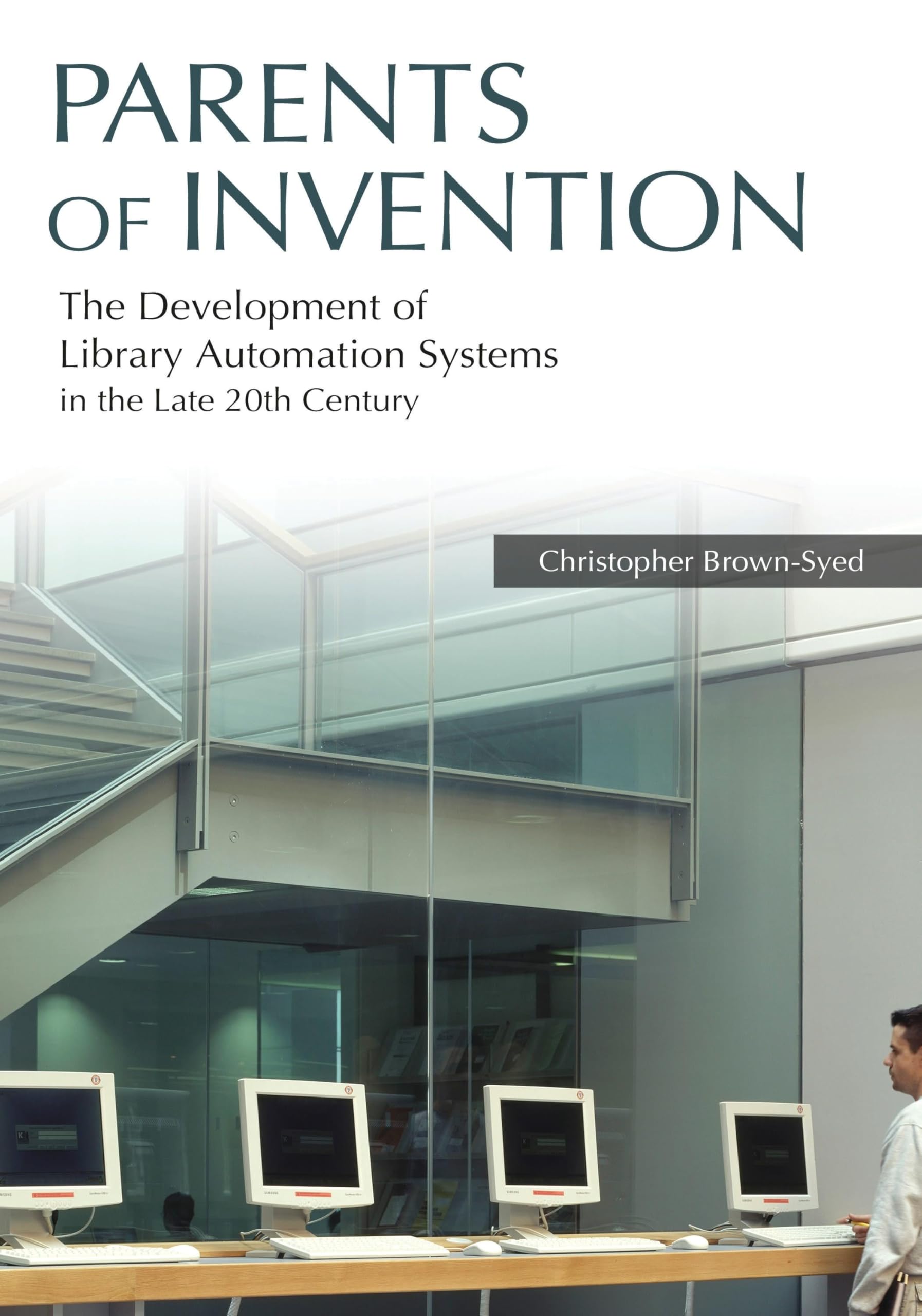This fascinating tale of the rise and fall of mini-computer-based integrated library systems (ILS) offers both an explanation of the technical workings–still being used daily–and a historical investigation. Parents of Invention: The Development of Library Automation Systems in the Late 20th Century traces the rise and fall of mini-computer-based ILS. In doing so, it offers an insider’s view of the process of creation, the technical challenges, and the lasting contributions of librarians and programmers at a time when librarians and their automation needs forced computer companies to innovate. Organized around a series of interviews with computer programmers, librarians, and salespeople, the book discusses developments from the late 1970s to the mid-1990s, focusing on the 1980s when both ILS and the mini-computer were dominant. It documents the time when a small group of computing vendors joined with large libraries around the world to perfect systems that automated functions such as circulation, acquisitions, cataloging, and online public access catalogs. A concluding chapter, contributed by Louise O’Neill, brings the story up to date with a discussion of current developments in library automation, including the adoption of open-source systems, open-access principles, and the Semantic Web.
Features
- Used Book in Good Condition






Reviews
There are no reviews yet.